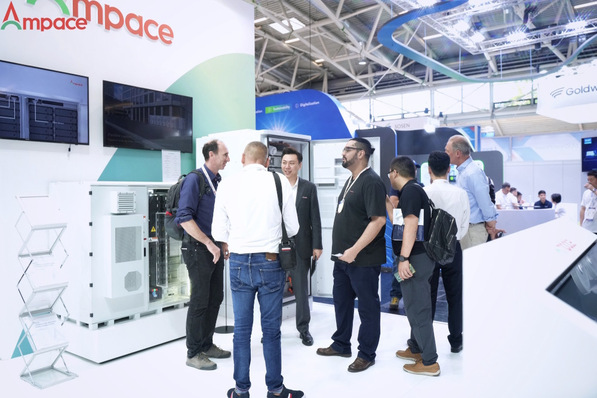Industrial users already benefit from this control, which maintains high performance and capacity, and increases the lifespan of the entire system. Conventional storage solutions are afflicted with a technical circumstance: As batteries are traditionally connected in series, they’re unable to cope with any small differences either from the manufacturer, technology or capacity, internal resistance, charging or health-status of the interconnected battery cells.
In short: the cells must be identical and the performance and lifespan of the entire system is dictated by the weakest cell. The electricity storage control system known as Pacadu from ASD Automatic Storage Device takes an innovative approach to the topic by first enabling a parallel connection of cells.
The new system eliminates all of the former problems based on serial connections, ASD said. At the same time, the performance of the electricity storage remains constant even if weak cells are present. Defective cells can simply be exchanged, whereas the overall performance of a series-connected storage system is disproportionately affected by the weakest cell in the system.







